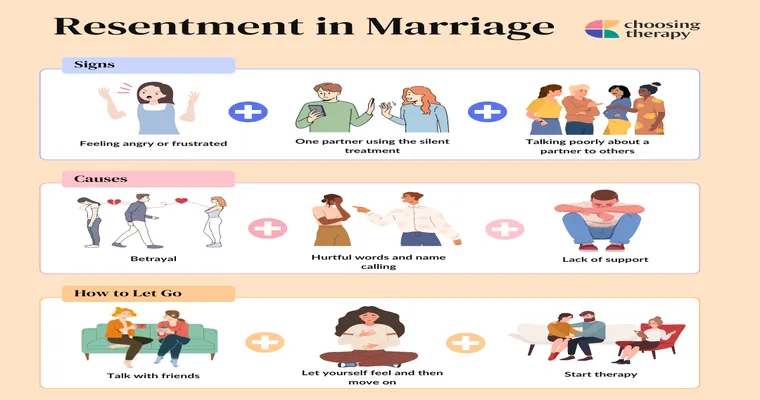Caring for "aging parents" can be an overwhelming responsibility, especially when their emotions take a turn for the worse. As your mother and father age, it is not uncommon for them to become increasingly "frustrated" and "angry" due to the many changes they experience in their lives. My husband and I have dedicated ourselves to meeting their every need, yet we find ourselves struggling to manage their rising tempers. Here are some strategies to help you navigate this challenging situation.
Understanding the Root Causes of Anger
The first step in dealing with angry aging parents is to understand why they might be feeling this way. Aging often brings about feelings of "loss"—loss of independence, loss of physical ability, and even loss of loved ones. These feelings can manifest as frustration or anger. It is essential to approach your parents with empathy, recognizing that their anger may be a response to their changing circumstances rather than a reflection of your efforts.
Open Lines of Communication
Maintaining clear and open lines of "communication" is crucial. Encourage your parents to express their feelings and frustrations. Sometimes, simply having a conversation about their emotions can provide relief. Make it a point to listen actively and validate their feelings. This may help them feel understood and may reduce some of their anger.
Set Boundaries
While it is important to care for aging parents, it is equally essential to establish "boundaries". Caring for someone can be physically and emotionally exhausting, and if you do not set limits, you may find yourself overwhelmed. Discuss with your parents what you can realistically provide and what they can manage on their own. This can help reduce feelings of resentment for both parties.
Seek Support
Caring for aging parents is not a task that you have to tackle alone. Look for local or online support groups where you can connect with others who are experiencing similar challenges. Sharing your experiences can provide comfort and new strategies for coping. Additionally, consider enlisting the help of "professional caregivers" who can provide assistance when you need a break.
Focus on Activities and Engagement
Sometimes, anger stems from boredom or lack of engaging activities. Encourage your parents to participate in hobbies or social activities that they enjoy. This could be anything from gardening to joining a local book club. Keeping their minds engaged can help alleviate feelings of frustration and provide a sense of purpose.
Practice Self-Care
As a caregiver, it is crucial to prioritize your own "well-being". Taking care of yourself physically and emotionally will enable you to care for your parents more effectively. Schedule regular breaks, indulge in activities that you enjoy, and ensure that you have a support system in place. Remember, you cannot pour from an empty cup.
Conclusion
Dealing with increasingly angry aging parents can be a daunting task, especially when you have dedicated your life to their care. By understanding the root causes of their anger, maintaining open communication, setting boundaries, seeking support, encouraging engagement in activities, and prioritizing your own self-care, you can create a healthier dynamic. Remember, it is essential to approach this journey with empathy and patience, both for your parents and for yourself.





